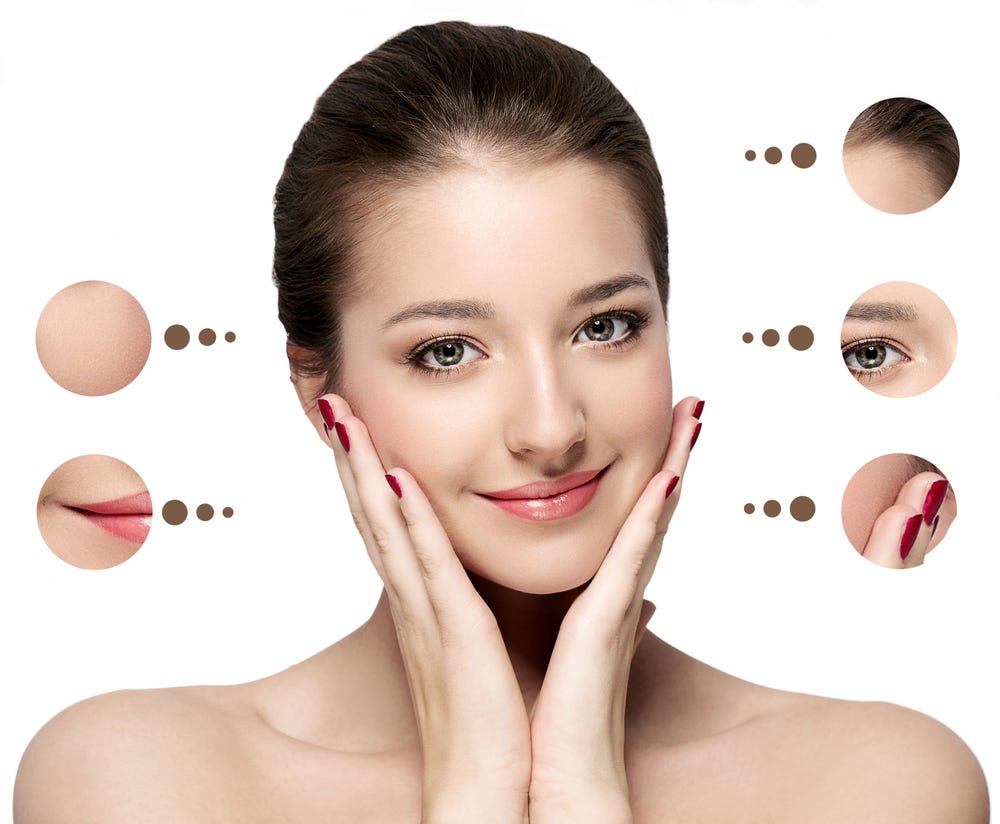In the quest for a fairer complexion, a popular trend in Islamabad and throughout Pakistan, individuals are faced with a stark choice: rely on easily accessible home remedies or invest in professional treatments. This decision often boils down to a balance between cost, perceived safety, and effectiveness. Both approaches promise to deliver brighter, more even-toned skin, but they operate on fundamentally different principles and carry a wide range of outcomes and risks. Many clinics offer a range of treatments for skin whitening in Islamabad, from chemical peels and laser therapy to glutathione injections and IV drips.
The Appeal and Pitfalls of Home Remedies

For many, the first step on the skin whitening journey is the kitchen cabinet. Home remedies for skin lightening have been passed down through generations, often seen as a safer and more affordable alternative to commercial products and clinical procedures. Common ingredients include lemon juice, turmeric, yogurt, potato juice, and besan (gram flour). The logic behind these remedies is rooted in their natural properties:
Exfoliating properties: Ingredients like besan and rice water act as gentle exfoliants, sloughing off dead skin cells to reveal a brighter layer of skin underneath.
Mild bleaching agents: Lemon juice contains citric acid and vitamin C, which are believed to have mild bleaching effects, while potato juice contains the enzyme catecholase, which may help reduce pigmentation.
Soothing and anti-inflammatory: Turmeric and yogurt are known for their anti-inflammatory properties and can help reduce redness and improve overall skin health.
The primary appeal of these home remedies is their low cost and the perception of being "natural" and therefore harmless. However, this is a dangerous misconception. The lack of scientific measurement and proper formulation can lead to severe skin damage. For example, applying pure lemon juice to the face can cause extreme irritation, chemical burns, and heightened photosensitivity, which can actually worsen pigmentation. Similarly, using ingredients without proper knowledge of their effects on different skin types can lead to allergic reactions, breakouts, and other complications. The results from home remedies are often minimal, temporary, and inconsistent, as they lack the potency to address deeper-seated pigmentation issues like melasma or sun damage.
The Promises and Reality of Professional Treatments
In contrast to the guesswork of home remedies, professional skin whitening treatments are conducted by dermatologists and aesthetic clinics, using scientifically-backed ingredients and advanced technology. These procedures are designed to deliver targeted and often more dramatic results. Common professional treatments available in Islamabad include:
Chemical Peels: These procedures involve applying a solution of alpha-hydroxy acids (AHA) or beta-hydroxy acids (BHA) to exfoliate the top layer of the skin. This removes pigmented and damaged cells, promoting the growth of new, healthier skin.
Laser Therapy: Dermatologists use a variety of lasers, such as Q-Switched Nd:YAG, to target and break down melanin deposits in the skin. This treatment is highly effective for reducing dark spots, freckles, and overall hyperpigmentation.
Glutathione Injections: Administered intravenously, glutathione is marketed as a powerful antioxidant that can reduce melanin production from within. This is a popular option for those seeking full-body skin whitening.
Microdermabrasion: A non-invasive procedure that uses a fine abrasive tip to exfoliate the skin, removing the outermost layer of dead skin cells and revealing a brighter complexion.
The key advantages of professional treatments are their precision, effectiveness, and the supervision of a qualified expert. A dermatologist can accurately diagnose the cause of a person's pigmentation and recommend a customized treatment plan tailored to their specific skin type and concerns. However, these treatments come with their own set of considerations. They are significantly more expensive than home remedies and often require multiple sessions for visible results. Furthermore, while generally safer than unregulated products, they are not without risks. Side effects can include redness, swelling, and increased sensitivity to the sun. The most severe risk, particularly with glutathione injections, is the use of unapproved or counterfeit products, which can lead to serious health complications like kidney or liver damage.
The Verdict
Ultimately, the choice between home remedies and professional treatments is a personal one, but it should be an informed one. While home remedies may seem like a harmless, budget-friendly option, their lack of potency and potential for causing severe skin damage make them a risky gamble. They may offer a temporary glow but are unlikely to provide a long-term solution for significant pigmentation concerns.
Professional treatments, on the other hand, offer scientifically proven, more effective, and lasting results. The supervision of a certified dermatologist minimizes the risks and ensures that the treatment is appropriate for a person's skin.











